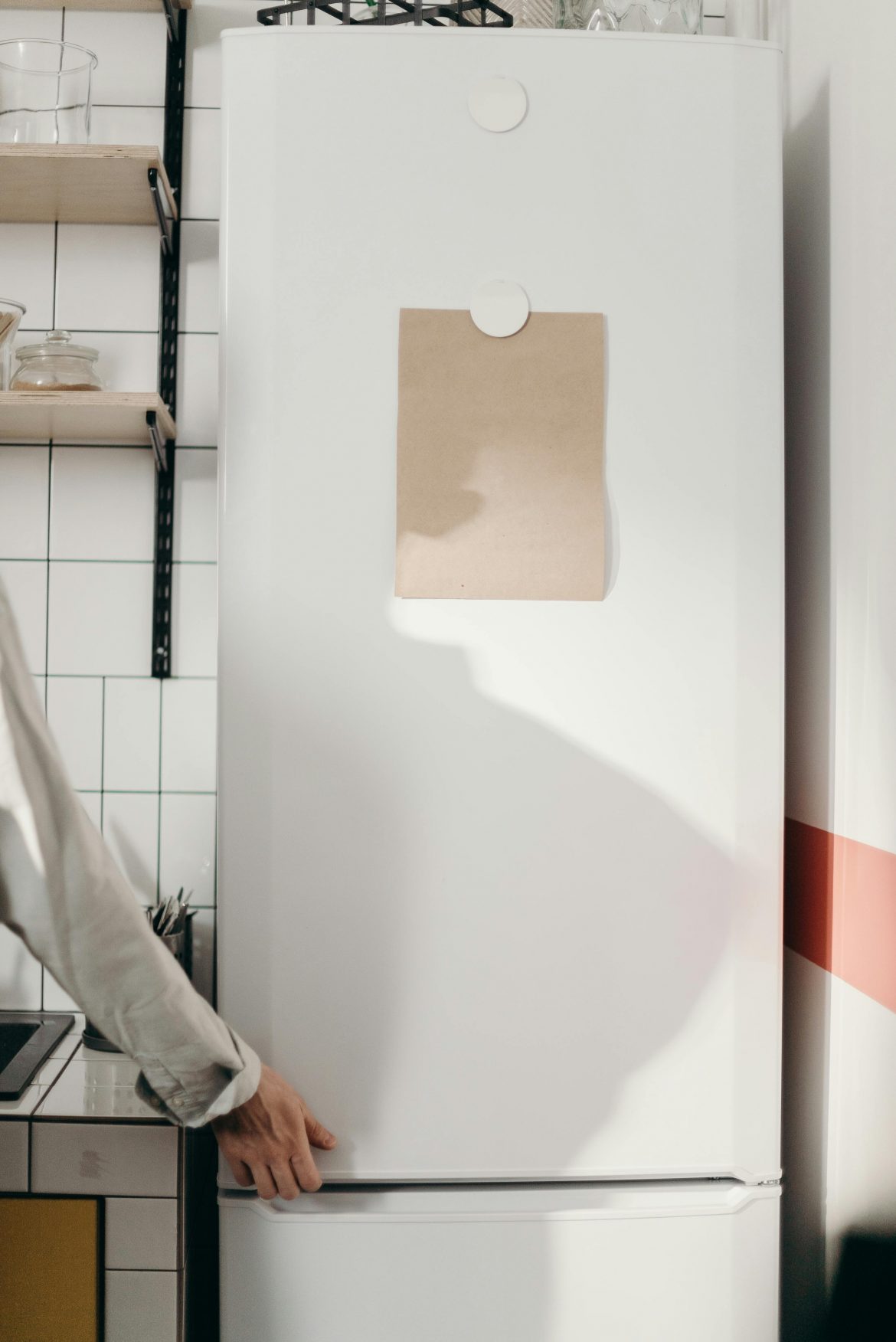The fridge may be one of the best inventions for the kitchen, not to mention the most convenient. However, not every ingredient needs cool temperatures to extend its shelf life. In fact, some ingredients actually decline when stored in the fridge, and the list might surprise you!
6 Foods you should not refrigerate
1. Bananas
Cold temperatures slow down the natural ripening process of bananas. Unripe bananas should be ripened at room temperature for maximum flavour and optimal texture. Not to mention how the cold turns their skins from vibrant yellow to dull dark brown or even black. You can, however, store ripened bananas in the fridge if you’re worried you won’t eat them in time.
2. Basil
Basil is a temperamental herb, sensitive to a blade and cold temperatures. Avoid the dreaded bruised basil by storing it in a fresh glass of water (like fresh flowers) on your kitchen countertop. The water will prolong its shelf life, and the warmer temperatures will keep it fragrant.
3. Bread
The cold temperatures of the fridge will draw out moisture and dry it out, making it stale before you can make your next toasted sarmie for lunch. Rather, store bread at room temperature in a bread bin. If you’re worried about mould developing, consider storing half the loaf or half of the batch of rolls in the freezer. You can easily toast frozen bread or defrost frozen rolls overnight. No stale bread or mould in sight!
4. Hot sauce
The vinegar and salt in hot sauce already act as natural preservatives. Additionally, cold fridge temperatures tend to dull the flavour and make it less punchy. Unless your hot sauce has been fermented or contains high amounts of fruit, store it at room temperature, and enjoy its full potency!
5. Cooking oils
Storing canola, avocado, or other cooking oils in the fridge can cause them to turn cloudy, thicken, or even solidify. Exposure to cold temperatures for a long time will also cause unwanted textures and flavours in cooking oils due to cloudiness and solidification. Store cooking oils in a cool, dark cupboard, preferably in an air-tight glass or metal container.
6. Honey
You might think it will benefit from being kept in the fridge, but sweet ol’ honey should be stored at room temperature. Bees are experts in their field, making honey that already contains natural preservatives. Cold temperatures will only cause your honey jar to crystallise, thicken, and become super grainy. Stick with the bees, and keep honey stored in a dark cupboard.
The fridge isn’t always fresher. Certain foods need room temperature to help sustain their shelf life, vibrancy, texture, and flavour. A little kitchen know-how saves taste and reduces waste.

